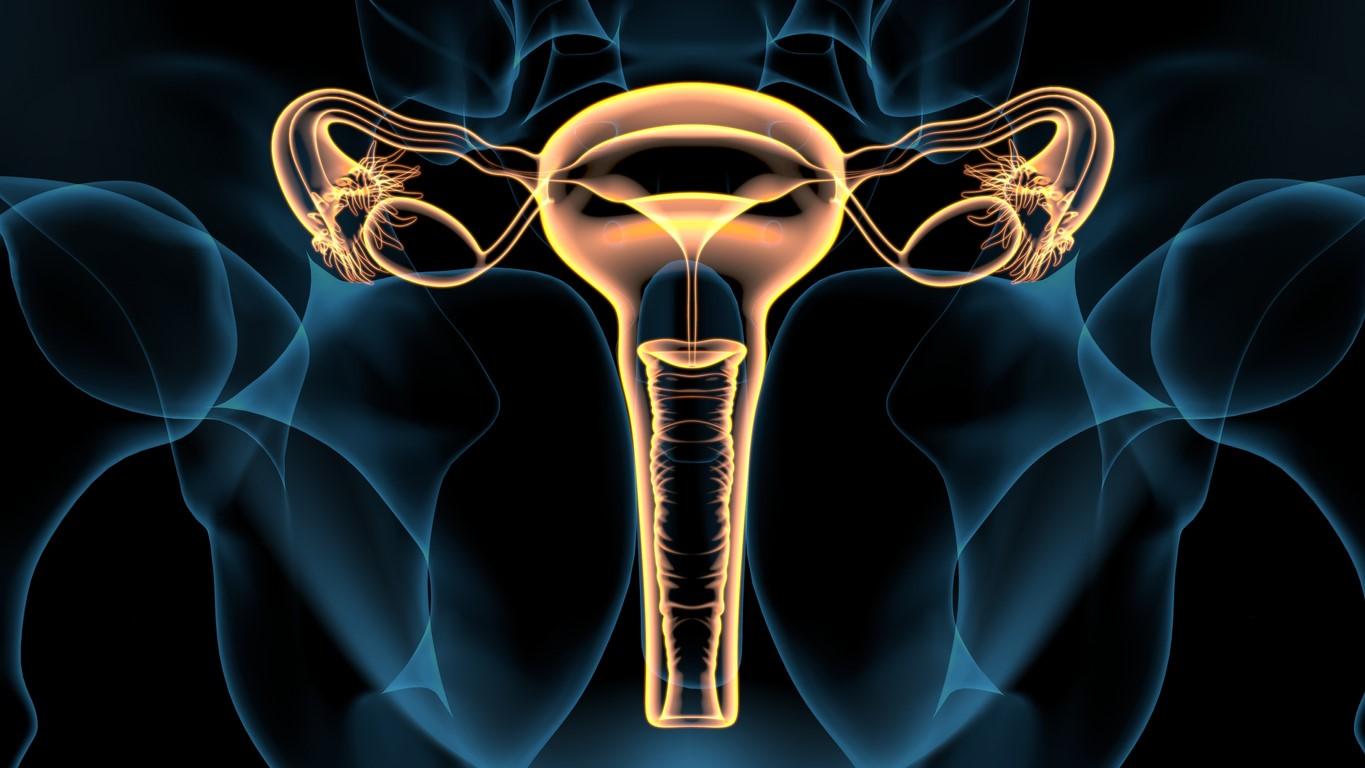A Baylor University–led study finds no link between COVID-19 vaccination and poor ovary health and fertility among nearly 2,200 women of child-bearing age.
For the study, published late last week in JAMA Network Open, the researchers retrospectively assessed levels of anti-Mullerian hormone (AMH; 974 patients) or sonographic antral follicle count (AFC; 1,222 patients) to evaluate ovarian reserve among women seen at the Texas Children's Family Fertility Center in Houston from January 4, 2016, to December 16, 2021.
Ovarian reserve is the ovary's ability to produce eggs capable of fertilization resulting in a healthy, successful pregnancy. AMH correlates with the ovarian pool, and AFC is measured during imaging of the ovaries during the follicular (egg-development) phase of the menstrual cycle.
Average patient age was 34 years. Of the 974 women assessed for AMH, 836 weren't vaccinated against COVID-19 (prepandemic or before the vaccine was available), and 138 had received the Pfizer/BioNTech (87 patients), Moderna (28), Johnson & Johnson (9), or an unknown (14) vaccine. The average number of vaccine doses was 2.19, and post-vaccination AMH levels were measured 4 days to 1 year after receipt of the first dose.
The unvaccinated group was younger and had a lower average AMH concentration but comparable median body mass index (BMI) and hemoglobin A1c (HbA1c; a marker of blood glucose) level.
Findings support previous study results
The type of AMH assay was significantly different among vaccinated patients relative to the prevaccination group (259 [31%]) and the vaccinated cohort (137 [99%]) with the current assay. A linear regression model suggested that only age and AMH test type—not vaccination status—were tied to AMH value. Seventy of these 396 patients (18%) showed no change in average AMH concentrations measured before and after COVID-19 vaccination.
The median AFC value was 18 in the unvaccinated group and 20 in the postvaccination group. A linear regression model suggested that age and age-adjusted BMI—not vaccination status—were correlated with AFC level.
These findings suggest that COVID-19 vaccination is not associated with changes in ovarian reserve by multiple biomarker assays of AMH and AFC, supporting previous studies on AMH.
A subgroup analysis of the vaccinated group adjusted for age, BMI, and HbA1c level showed that COVID-19 vaccination was tied to a higher AMH concentration (median, 3.3 vs 4.2 nanograms per milliliter), but the difference was not clinically significant.
"These findings suggest that COVID-19 vaccination is not associated with changes in ovarian reserve by multiple biomarker assays of AMH and AFC, supporting previous studies on AMH," the study authors wrote.
"Limitations include the small number of patients who received vaccination, factors associated with ovarian reserve that were not included in the study, and survival bias, as only patients who pursued fertility treatment were included."



















